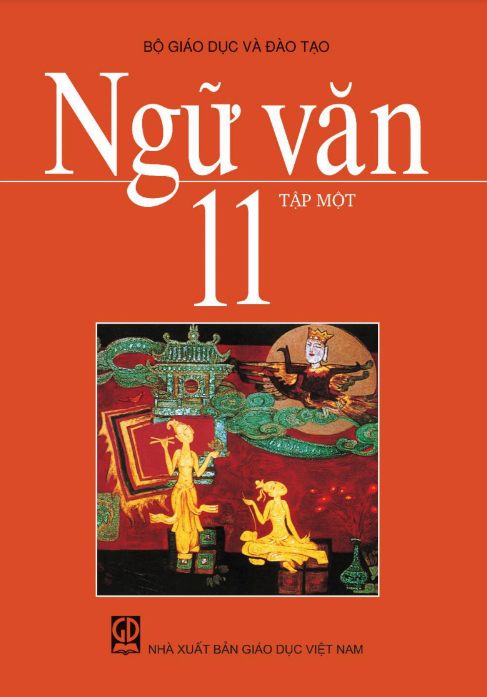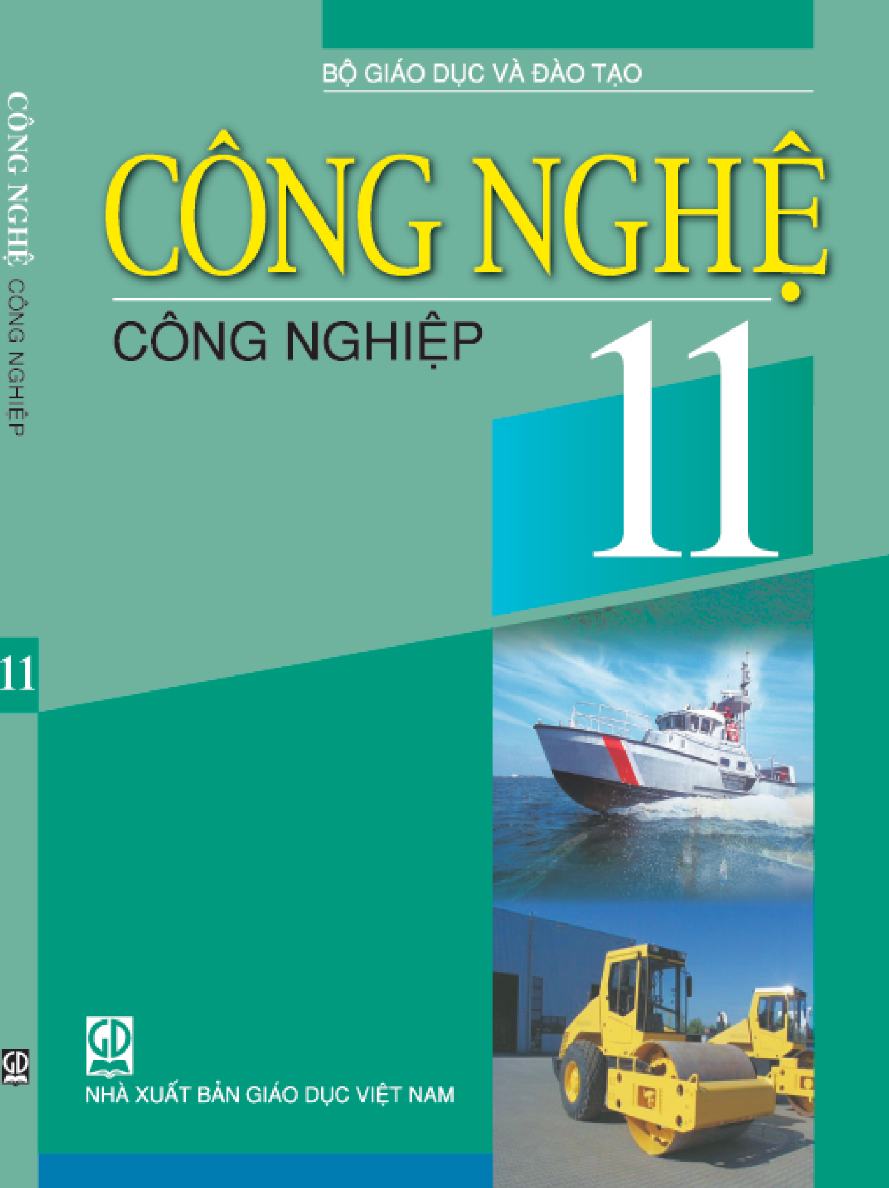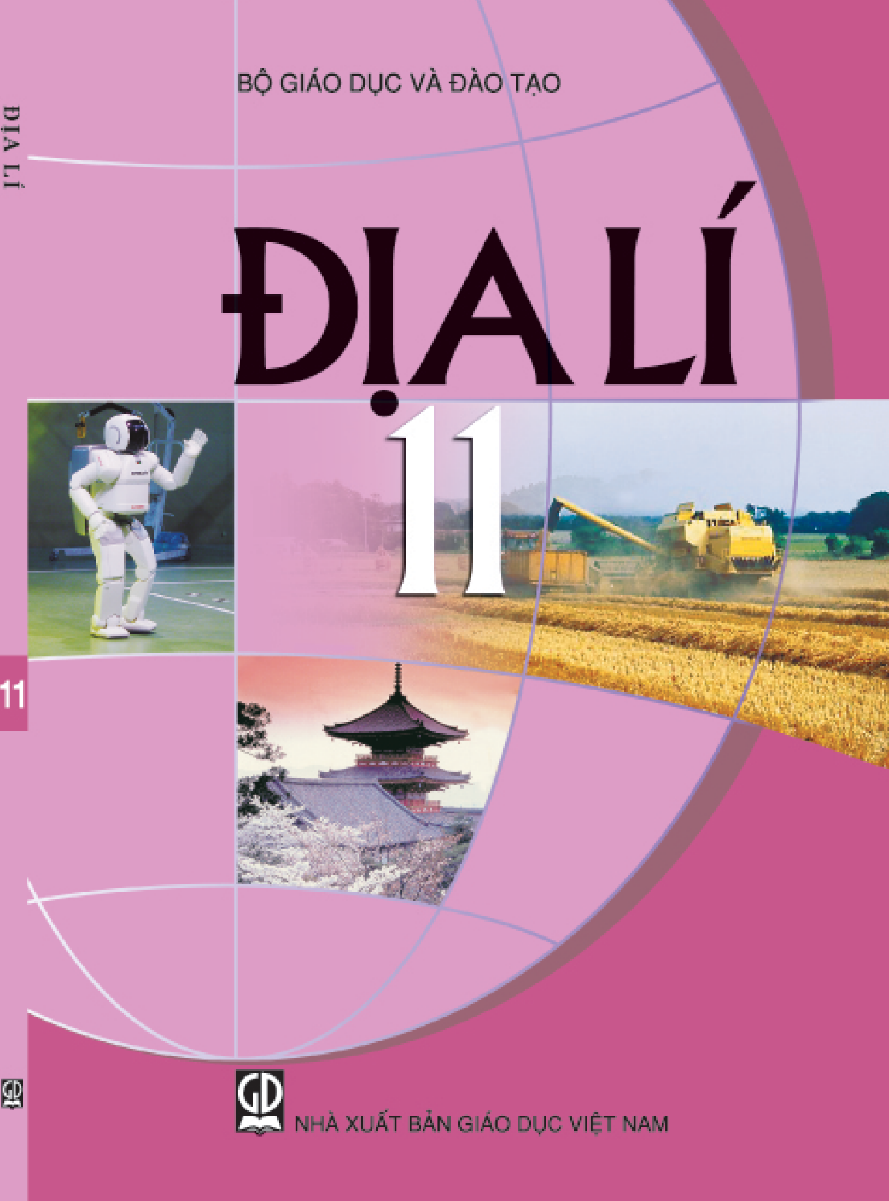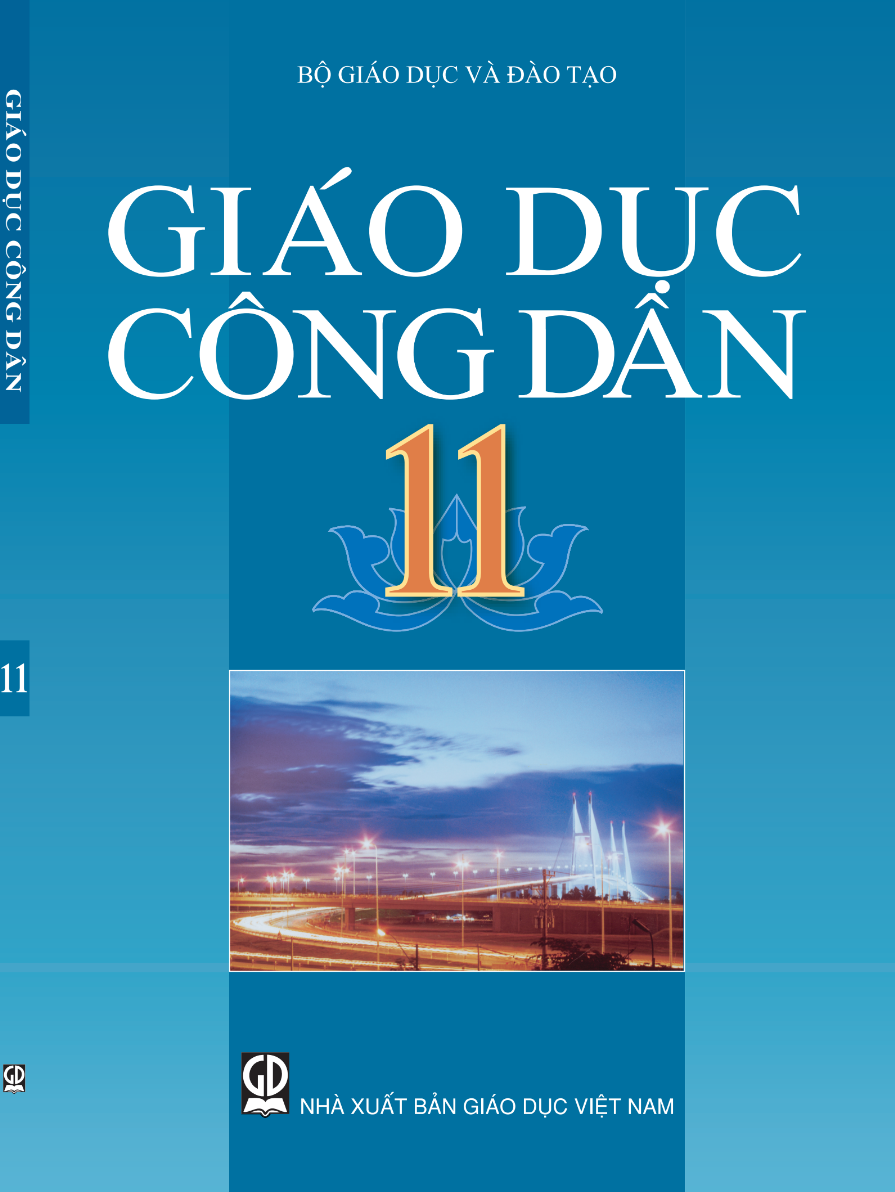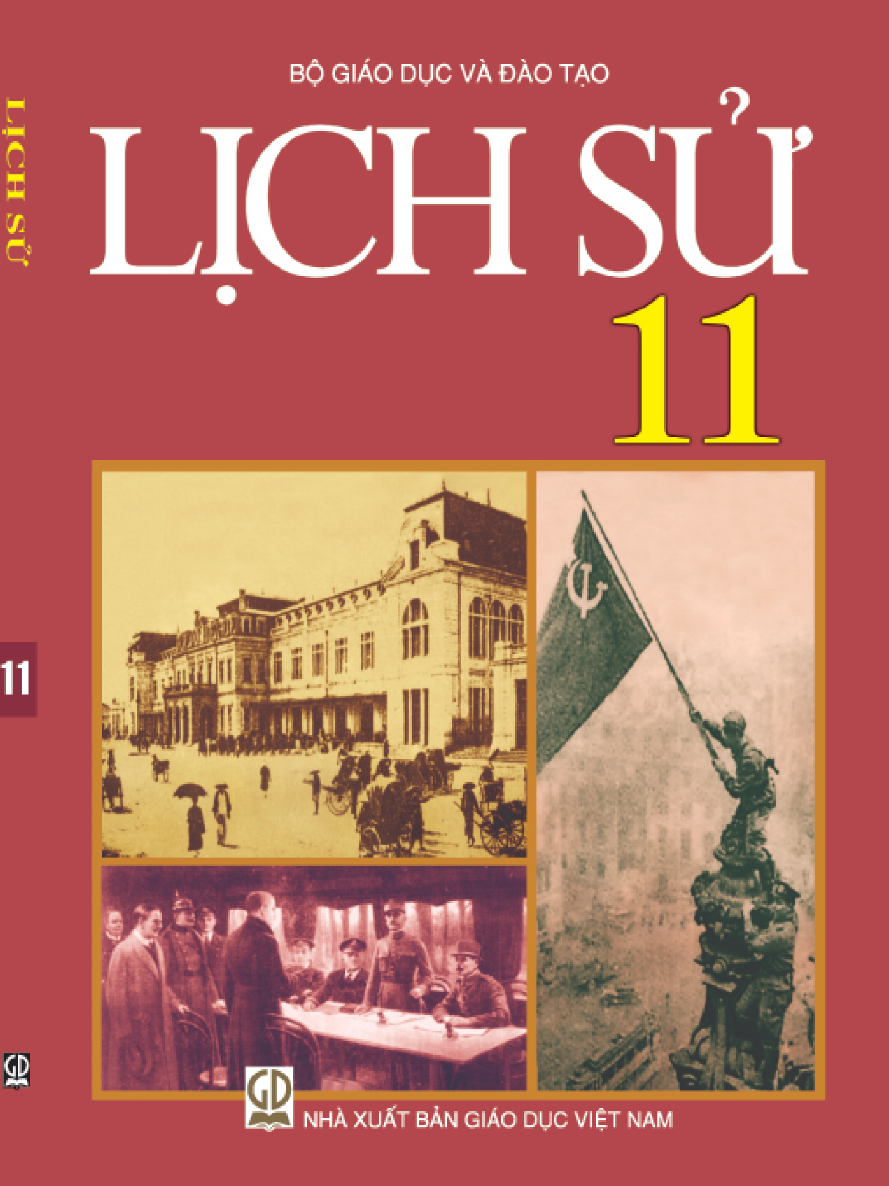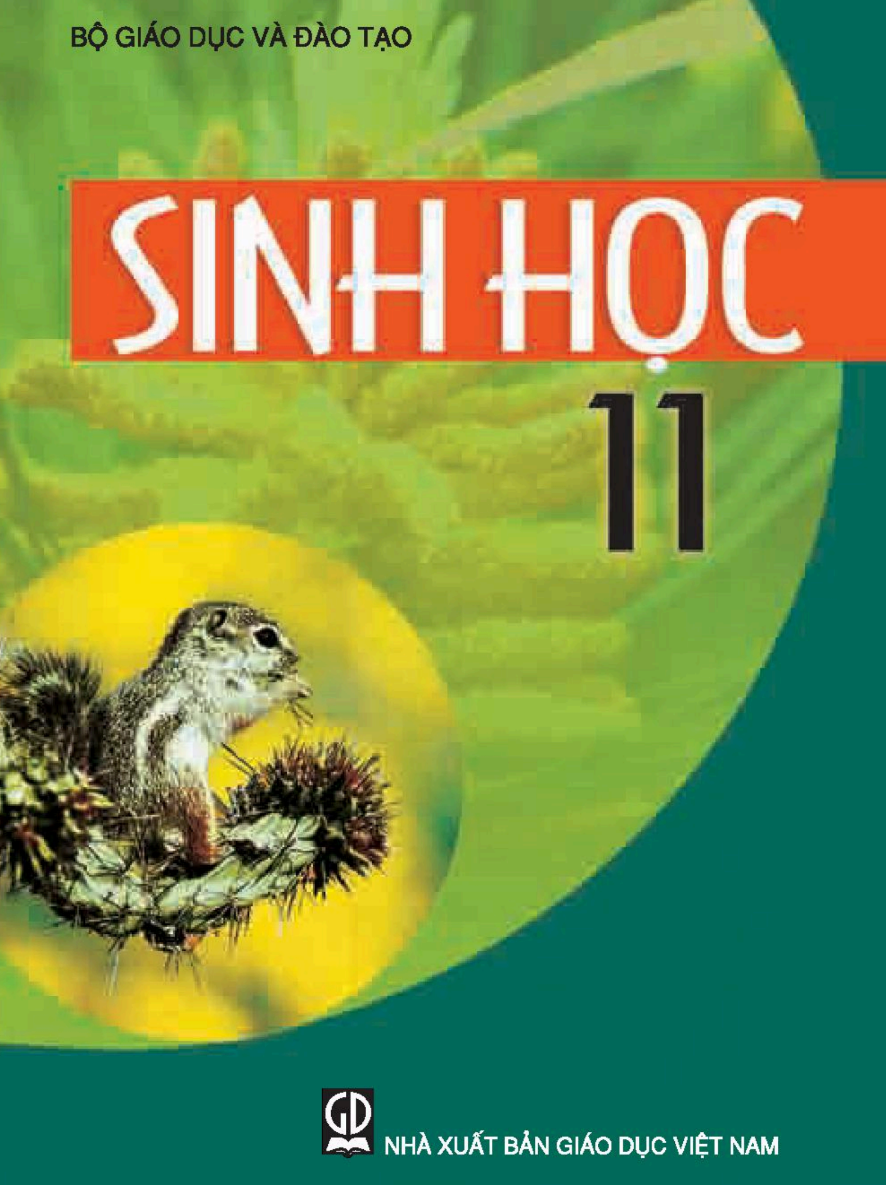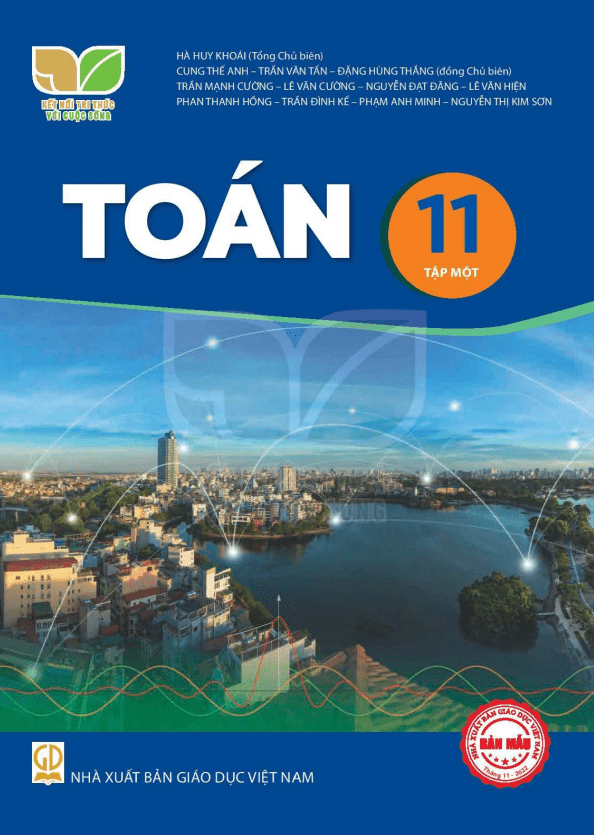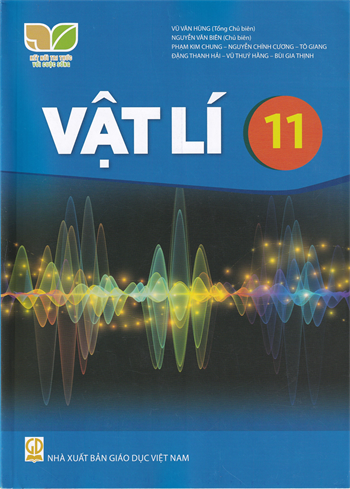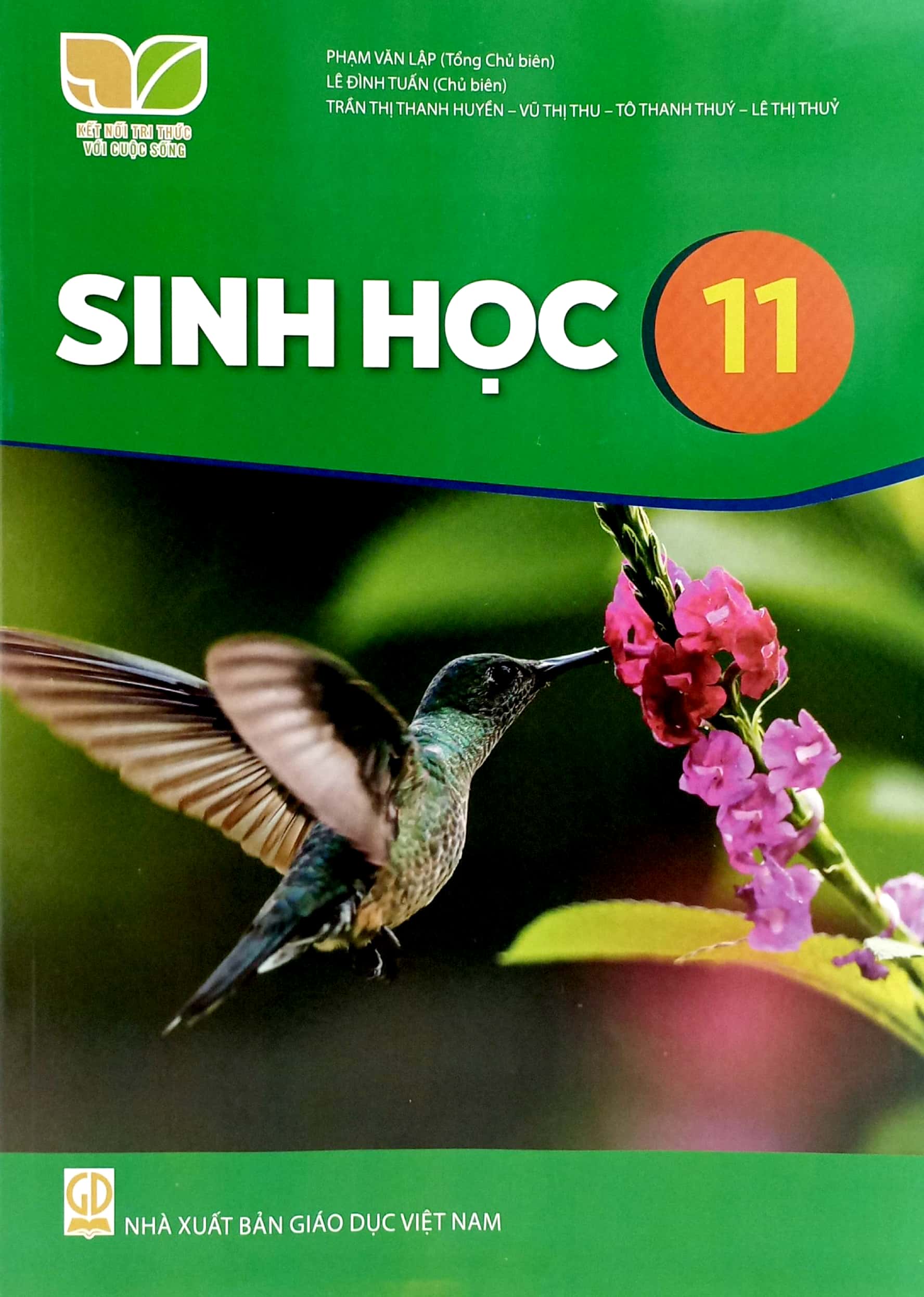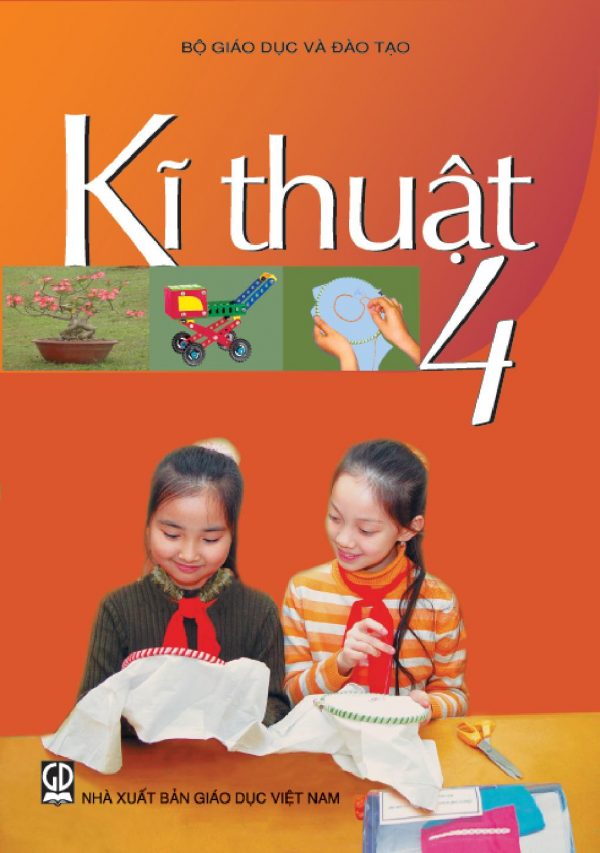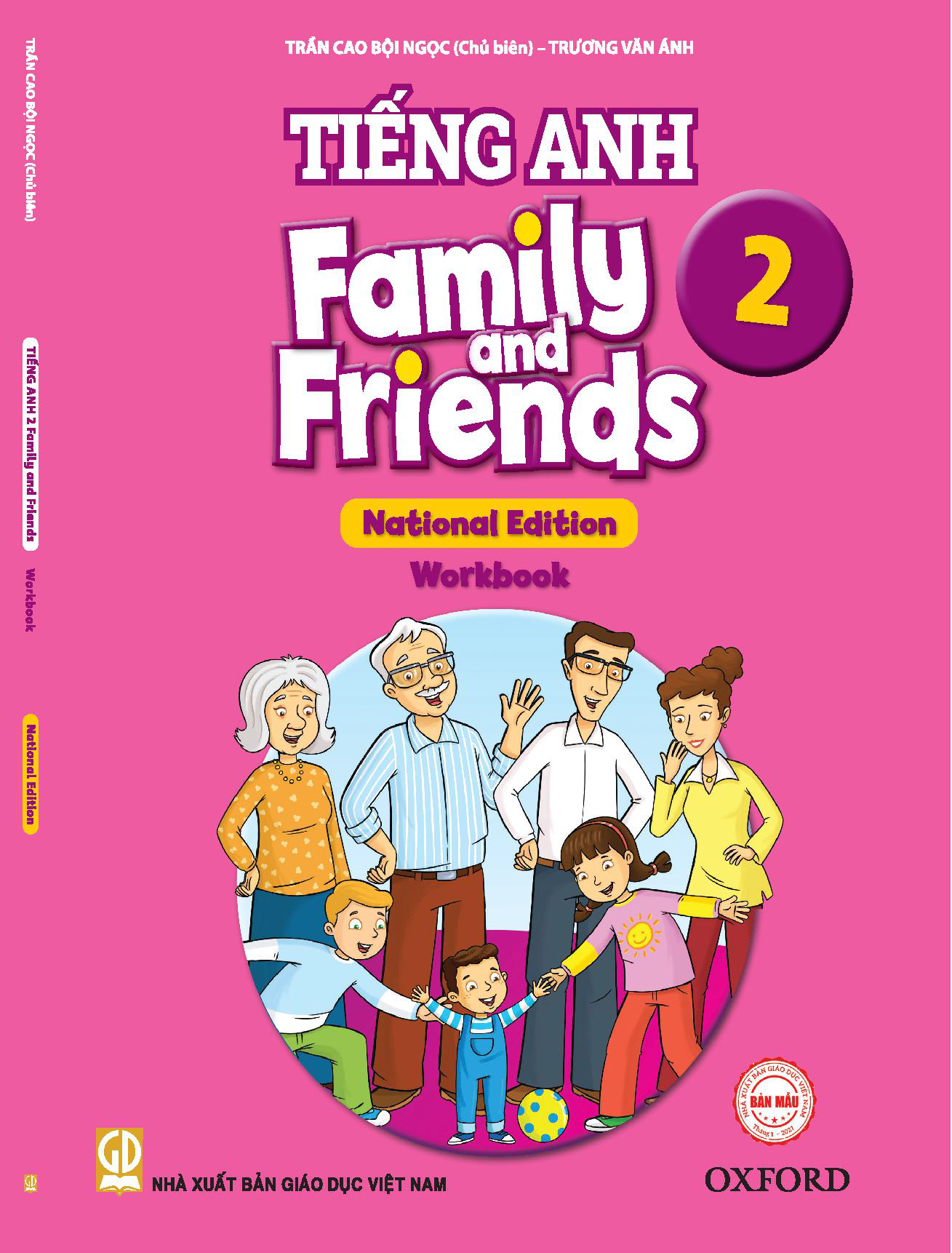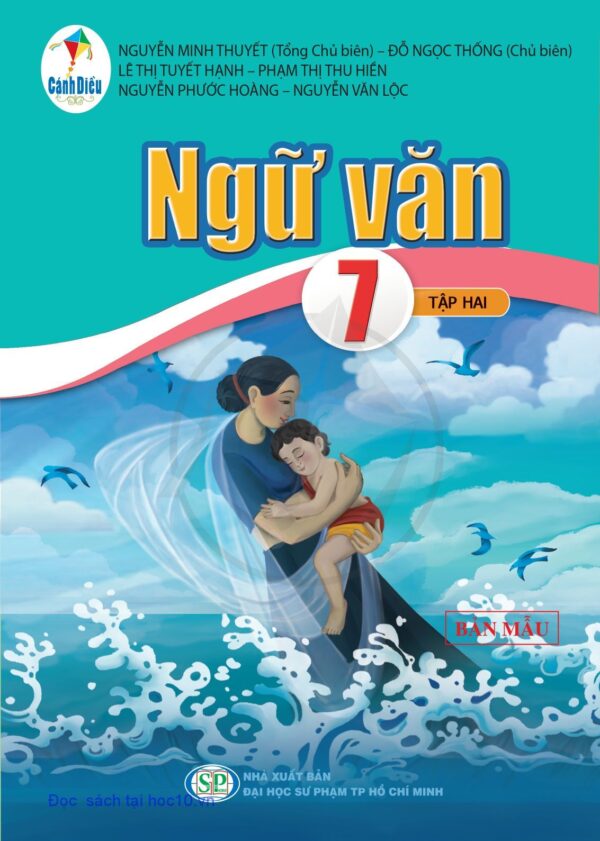(Page 39)

1 SPEAKING Describe and compare the photos. What are the similarities and differences between the activities? Use the words below to help you.
become dehydrated
climber
desert
food and water
frostbite
high altitude
oxygen
tent
Listening Strategy
Some listening tasks may involve listening out for numbers, dates and measurements. Make sure you know how to pronounce these so that you can identify the information when you hear it.
2 🎧1.31 Read the Listening Strategy. Then try to say the numbers and measurements below. Listen and check.
Large numbers: 4,500 100,000 250,000 2.5 million
Small numbers: 0 0.6 0.04 2.08
Years: 1500 1535 2000 2015 2150 the 1980s
Fractions: 






Percentages: 50% 57%
Ratios and ranges: 2:1 10:1 aged 18-25
from 0-100 in 3.1 seconds
Temperature: -40°C 0°C 5°C 15°C
3 🎧1.32 Read and listen to the article. Complete the article with numbers and measurements from exercise 2.
There are many amazing stories of human survival, but actually our bodies are very fragile and do not cope well with extremes. Polar explorers can cope with temperatures of 1_______ but only if they keep warm. Most people will collapse if their body temperature drops by only 2_______ and if it drops by 3_______, they'll die. Heat can be just as dangerous. Temperatures of 35°C are safe, provided humidity is not above 4_______ High altitudes are dangerous too. We pass out when the pressure falls
below 5_______ of normal atmospheric pressure. This happens at about 6_______ metres. Climbers can go higher because their bodies gradually get used to it, but no one survives for long at 8,000 metres. At high altitudes, lack of oxygen is another problem. At ground level, about 7_______of the air is oxygen. If that falls below 8_______, we die.
4 🎧1.33 Listen to an interview with a scientist. Which of the people he talks about tested the body's limits deliberately?
5 🎧1.33 Read the sentences aloud, paying attention to the numbers. Then listen again and decide whether the sentences are true or false. Write T or F and correct the false sentences.
1 When a Russian space capsule had a major problem in 1971, the cosmonauts died in less than 30 seconds.
2 In 1966, a scientist passed out after 15 seconds in a vacuum.
3 The scientist passed out for 27 seconds.
4 In the 1960s, Randy Gardner stayed awake for more than 250 hours.
5 After staying awake for so long, Randy Gardner then slept for almost 50 hours.
6 🎧1.34 PRONUNCIATION Listen and mark the words that are stressed in the sentences from exercise 5. Then practise saying the sentences yourself.
7 SPEAKING Discuss the questions in pairs.
1 Have you ever been awake all night or most of the night? If so, when / where / why?
2 Have you ever felt very cold? If so, when / where / why?
3 Have you ever experienced high altitude? If so, when /where / why? How did you feel?
